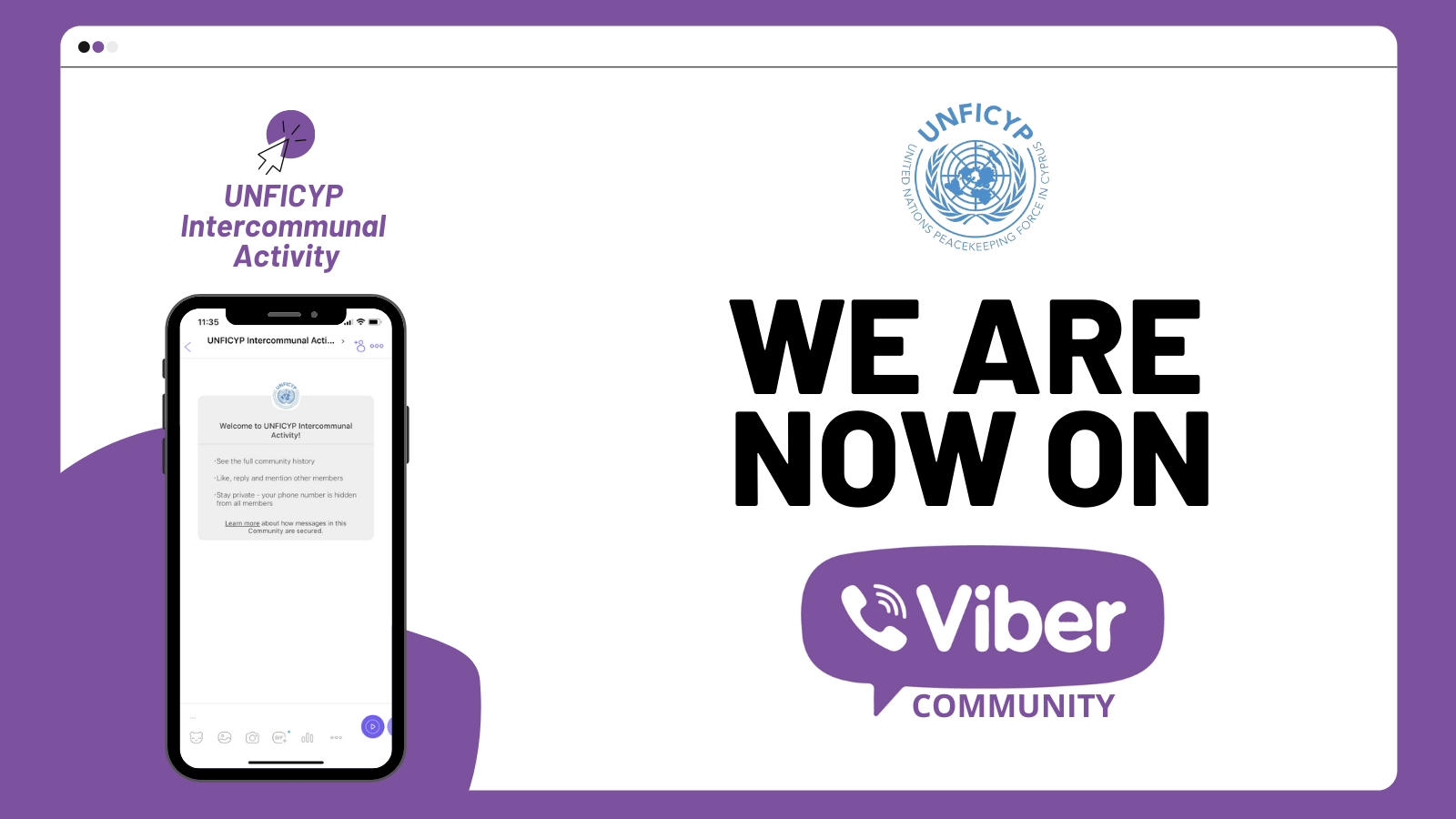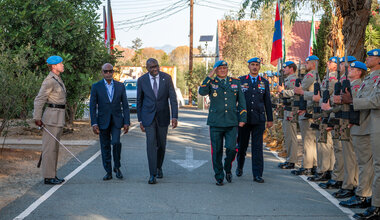The Secretary-General's Message on the International Day of Peacekeepers
The confidence that the world places in United Nations peacekeeping is reflected in its massive growth in recent years, in terms of both numbers and complexity. Fifteen years ago, the UN had fewer than 40,000 military and police personnel. Today, more than 105,000 uniformed personnel from 124 troop- and police-contributing countries serve under the blue flag, along with 18,000 international and national civilian staff and UN Volunteers. They manifest the best attributes of global solidarity, courageously serving in dangerous environments to provide security to some of the world’s most vulnerable.
Over the past year, the ‘Blue Helmets’ deployed across 16 peacekeeping operations around the world have saved countless lives, advanced peace and inspired hope. In South Sudan, more than 200,000 civilians who feared for their lives sought shelter at UN bases. In the Central African Republic, peacekeepers successfully supported landmark presidential and legislative elections that have set the once deeply troubled country on a path to peace and stability. Peacekeepers have confronted armed groups in the eastern Democratic Republic of the Congo and disarmed ex-combatants. In Mali, peacekeepers have suffered grave losses that have not deterred them from implementing their mandate. In Haiti, UN Police and civilian experts have helped to mitigate gang violence. When fears of Ebola spread around the world, peacekeepers in Liberia provided security as international experts contained the spread of the virus.
In many countries, UN mine-action personnel have transformed danger zones littered with landmines and explosive remnants of war, including cluster munitions, into areas that can be used for schools, hospitals and farms.
As the size, complexity and accomplishments of peacekeeping have grown, unfortunately so have the risks. Before the millennium, about three dozen peacekeepers lost their lives each year; now that figure has spiked on average to 120.
Last year, the list of fallen numbered 129. These peacekeepers came from 50 countries, hailing from the ranks of the military, police, international civil servants, UN Volunteers and national staff. They had vastly different backgrounds, but all shared heroism and the belief that UN peacekeeping is and must remain a global force for good.
That is why it is critical to end the deeply disturbing cases of sexual exploitation and abuse on the part of international forces deployed to troubled areas. I have been unrelenting in my call for a focus on the victims. And I am proactively addressing this serious problem at every opportunity while calling on Member States, which alone have the power to discipline their forces, to impose severe consequences that provide a full measure of justice and healing to the affected communities.
Last year, I appointed a High-Level Independent Panel to review how UN peace operations can be strengthened to better meet current and emerging challenges. We are now actively engaged in adapting UN peace operations, making clear improvements to make them faster, more responsive and more accountable to countries and, most importantly, the people we are deployed to serve.
On this International Day of International Day of UN Peacekeepers, we honour our heroes – the more than one million men and women who have served under the UN flag with pride, distinction and courage since the first deployment in 1948. And we pay our highest tribute to the more than 3,400 peacekeepers who have lost their lives while in service during that period. We are forever in their debt. And we pledge today to realize the full potential of United Nations peacekeeping to usher in a better future.
Ban Ki-moon
 UN
UN United Nations Peacekeeping
United Nations Peacekeeping






